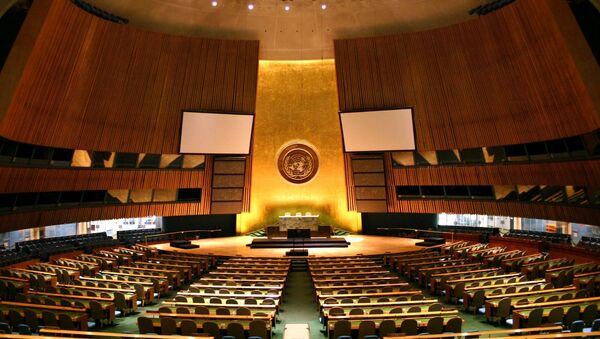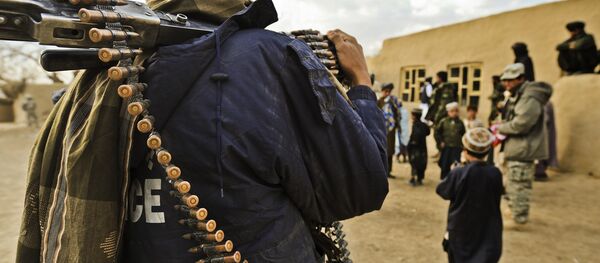The formal inception of Human Rights Day dates from 1950, after the Assembly passed resolution 423 (V) inviting all states and interested organizations to designate December 10 as Human Rights Day to draw the attention to the Universal Declaration of Human Rights as a common standard for all nations and people worldwide.
Today is Human Rights Day! Listen to UN Human Rights Chief Zeid’s video message: http://t.co/VlWs8k7GP8 #rights365
— UN Human Rights (@UNrightswire) 10 декабря 2014
The declaration, which is the first universal international human rights document, includes a wide range of political, civil, social, cultural and economic rights. It is listed in the Guinness World Records as the most translated document, with versions in over 400 languages and dialects.
Today is #HumanRightsDay. Declared by the @UN, human rights matter every day for everyone, everywhere #Rights365 pic.twitter.com/0FrtiDQ0kI
— JustGiving (@JustGiving) 10 декабря 2014
Although nonbinding, the declaration has helped introduce over 60 human rights acts setting forth common international standards in this area.
It has served as the foundation for other international agreements.
Happy #HumanRightsDay. Take a few minutes of your time to change someones life. http://t.co/F27VqgNPVb pic.twitter.com/4gXgZZ0uPf
— AmnestyInternational (@AmnestyOnline) 10 декабря 2014
On December 16, 1966, the UN General Assembly approved the International Covenant on Economic, Social and Cultural Rights and the International Covenant on Civil and Political Rights, which entered into force in 1976. The two documents, together with Optional Protocols to the International Covenant on Civil and Political Rights and the Universal Declaration of Human Rights are often referred to as the International Bill of Human Rights. The UN Security Council can cite these documents as justification for its actions taken against regimes guilty of human rights abuses.
The UN Office of the High Commissioner for Human Rights (OHCHR), an agency established in 1993 by the World Conference on Human Rights in Vienna, Austria, monitors compliance with approved human rights covenants, conventions and treaties. The high commissioner presents reports by the UN Human Rights Council and submits them to the UN General Assembly. The agency is to respond to major human rights violations and also take preventive action.
Universal human rights cooperation between countries is supplemented by cooperation at the regional level. The political, historical, cultural and economic specifics of particular regions are protected in human rights documents such as the 1950 Convention for the Protection of Human Rights and Fundamental Freedoms, the 1961 European Social Charter, the 1969 American Convention on Human Rights, the 1981 African [Banjul] Charter on Human and Peoples' Rights and the 1994 Arab Charter on Human Rights.
The United Nations Educational, Scientific and Cultural Organization (UNESCO) conventions recognize human rights in the area of education, culture and science. The UNESCO Convention against Discrimination in Education was passed in 1960. Article 1 states expressly that “for the purposes of this Convention, the term "discrimination" includes any distinction, exclusion, limitation or preference which, being based on race, colour, sex, language, religion, political or other opinion, national or social origin, economic condition or birth, has the purpose or effect of nullifying or impairing equality or treatment in education.”
No one may invoke cultural diversity to infringe upon or restrict human rights http://t.co/8qyKvuNJBy #rights365 pic.twitter.com/O5nCpJ39Dy
— UNESCO (@UNESCO) 10 декабря 2014
As the concept of human rights continued to develop, the rights of children were singled out as a separate category. In 1959, the UN General Assembly approved the Declaration of the Rights of the Child that proclaimed the social and legal principles for the protection of children and their wellbeing. In November 1989, the UN General Assembly approved the Convention on the Rights of the Child. Its 54 articles address virtually all aspects of the lives of children and their social status.
All its provisions boil down to four basic requirements for the rights of children: their survival, development, protection and participation in society.
The United Nations Human Rights Prize, instituted in 1966, is awarded every five years to people who have made an outstanding contribution to promoting and defending human rights. The first prize was awarded in 1968.




